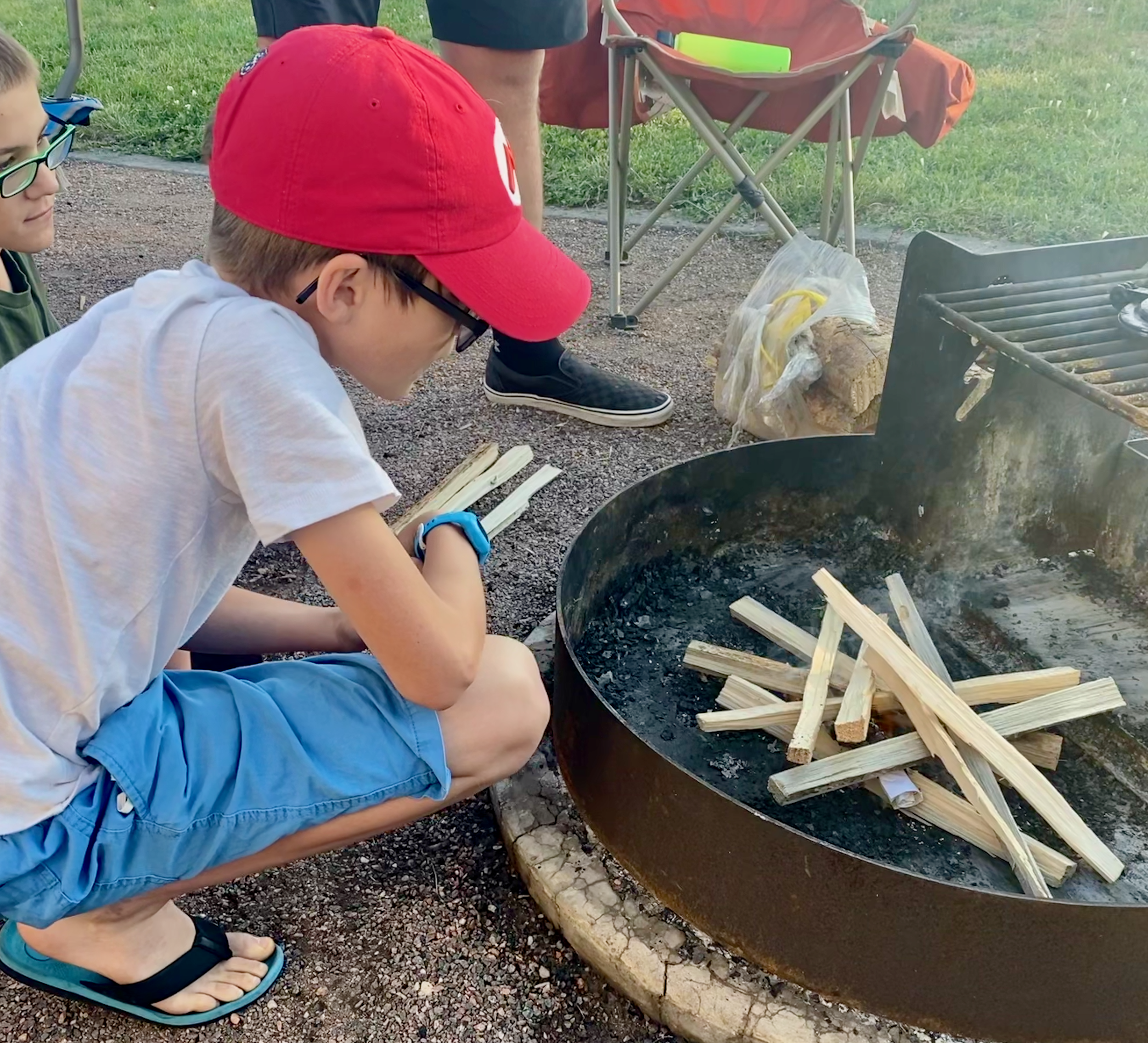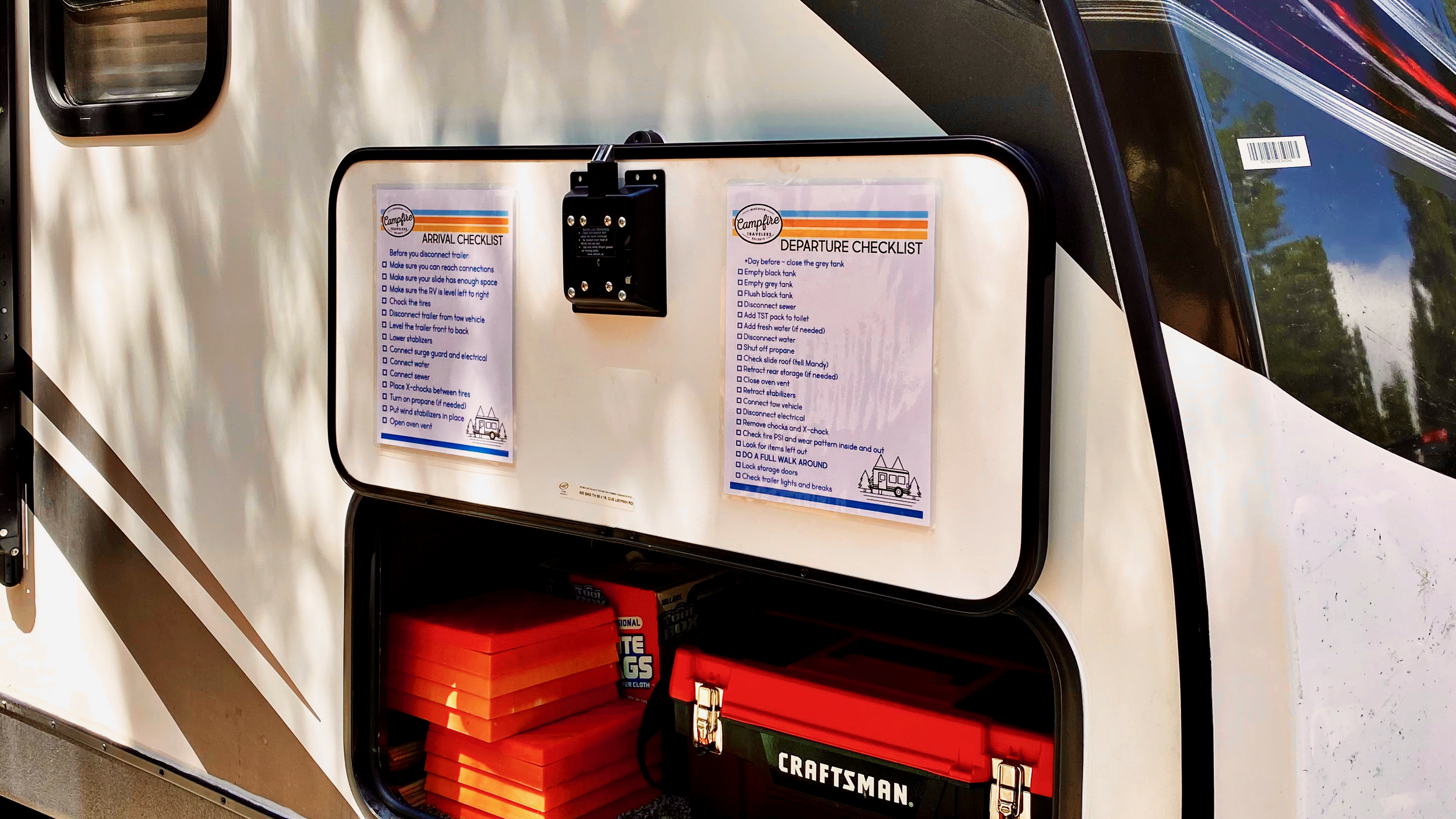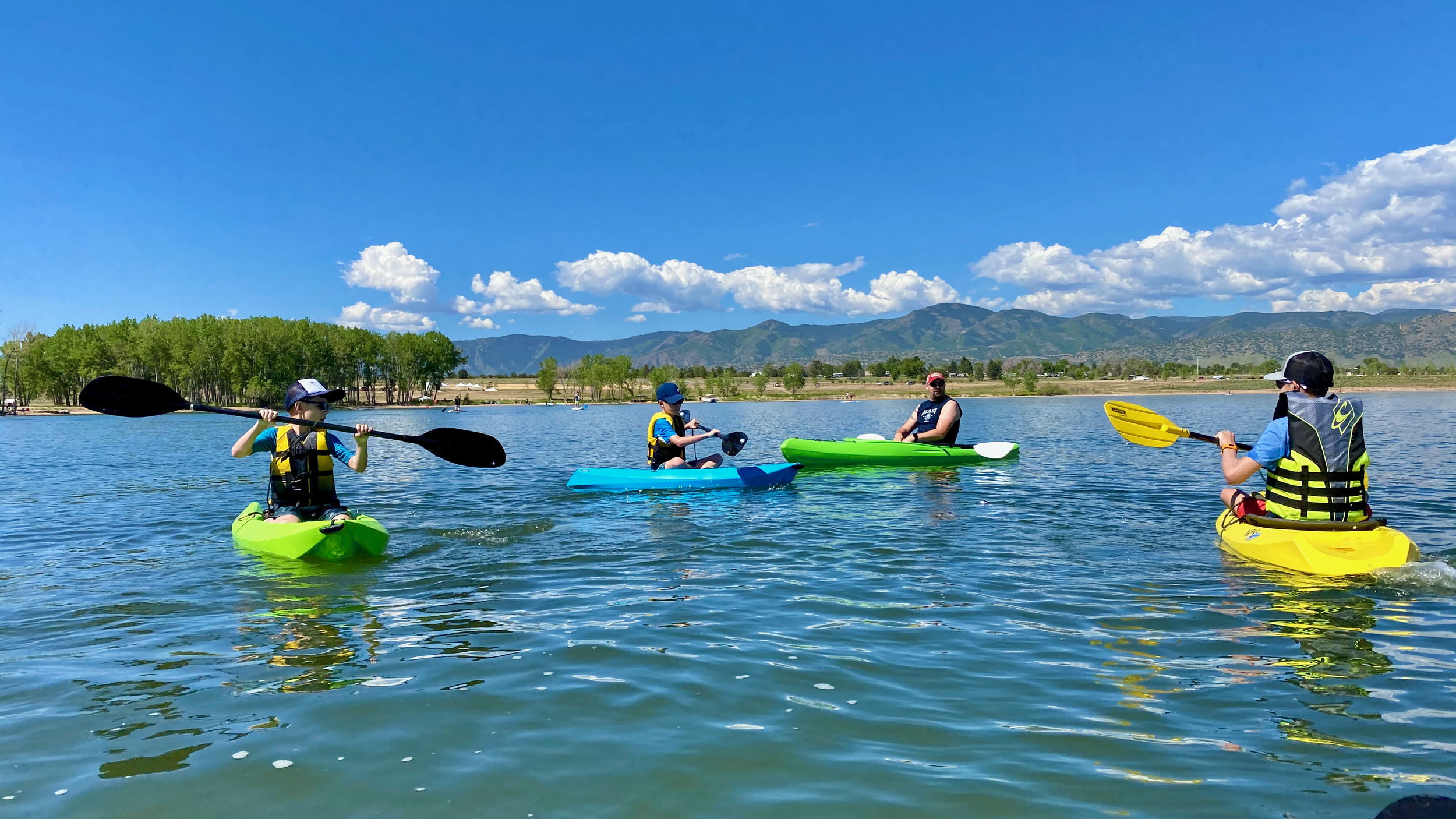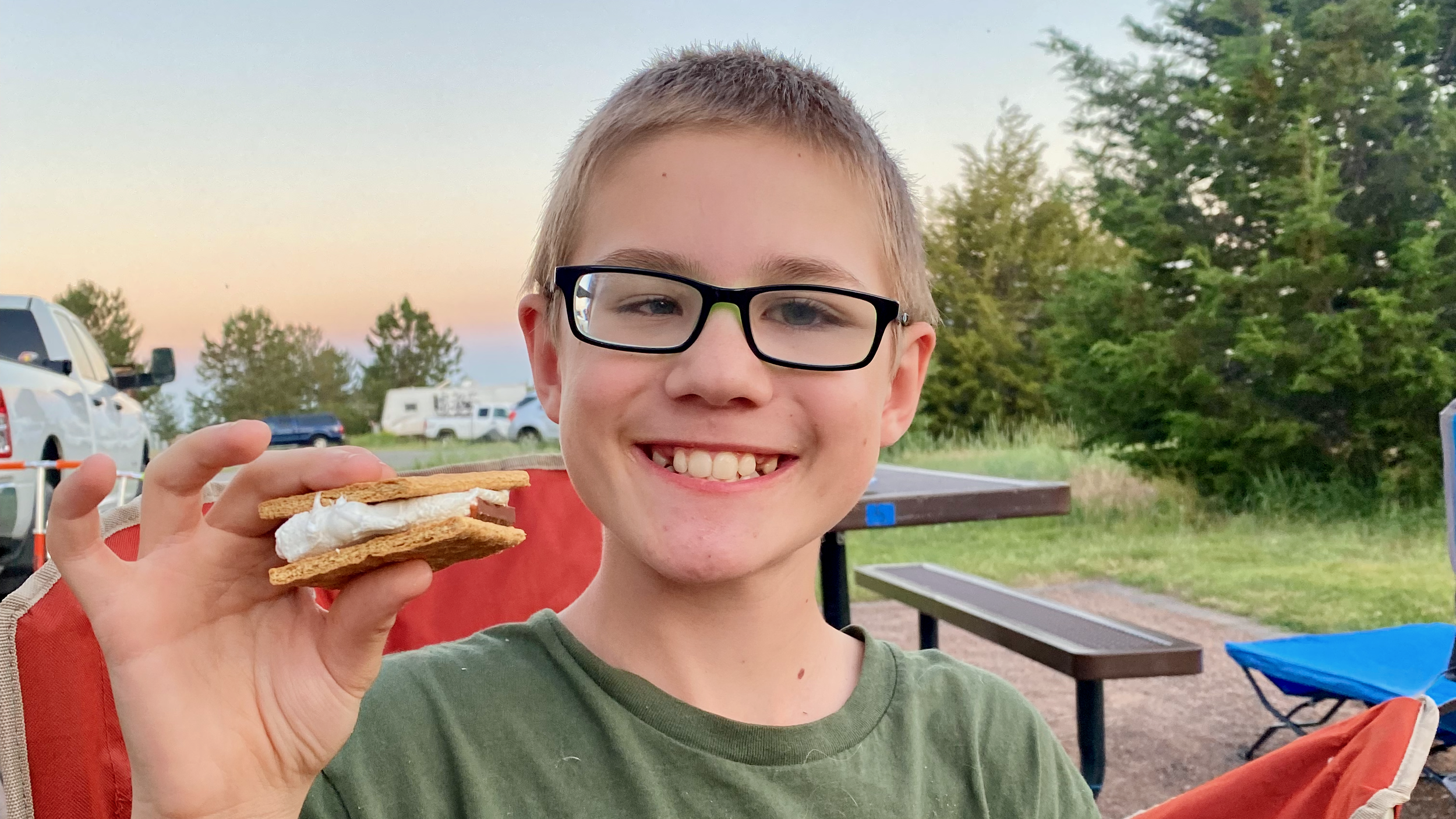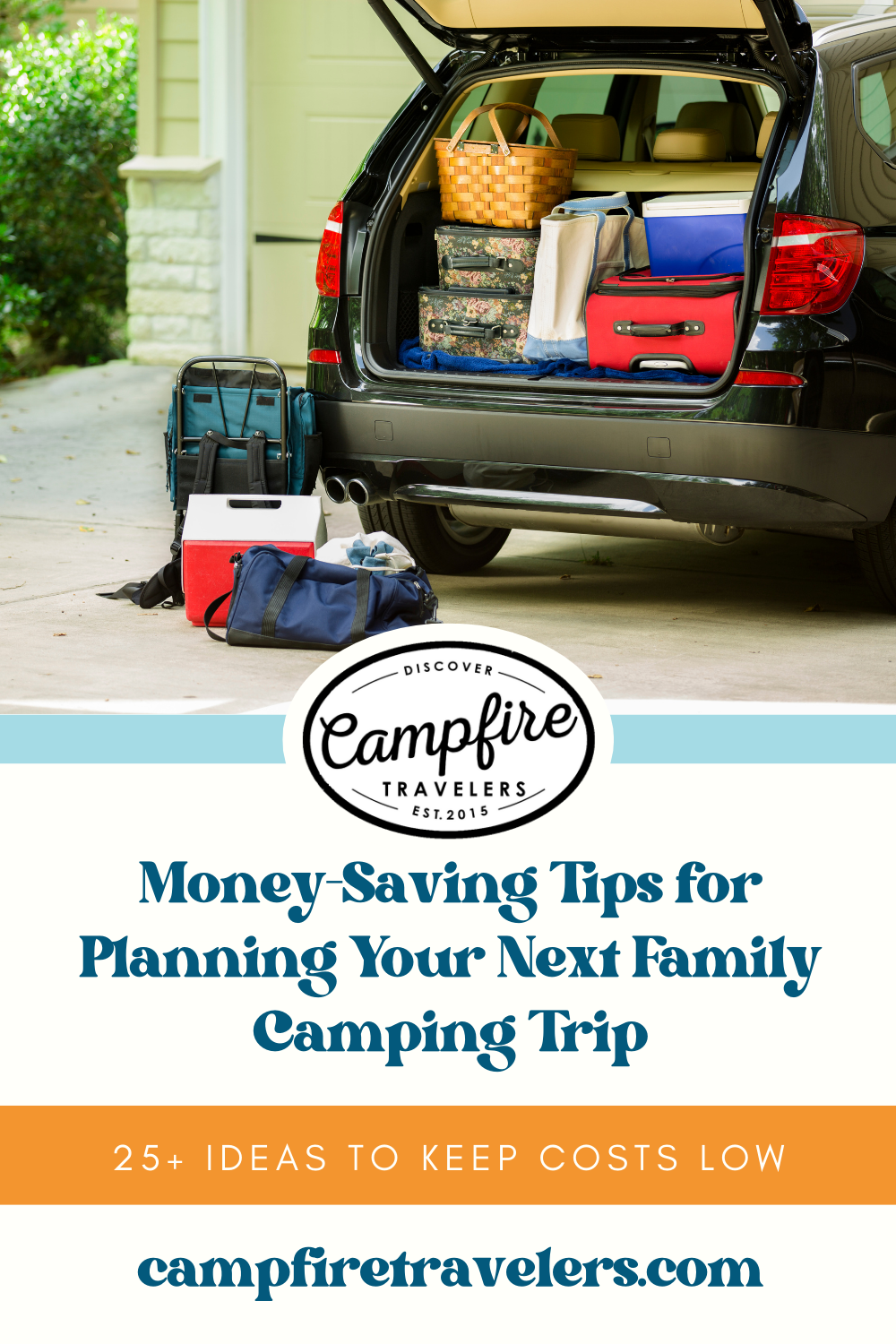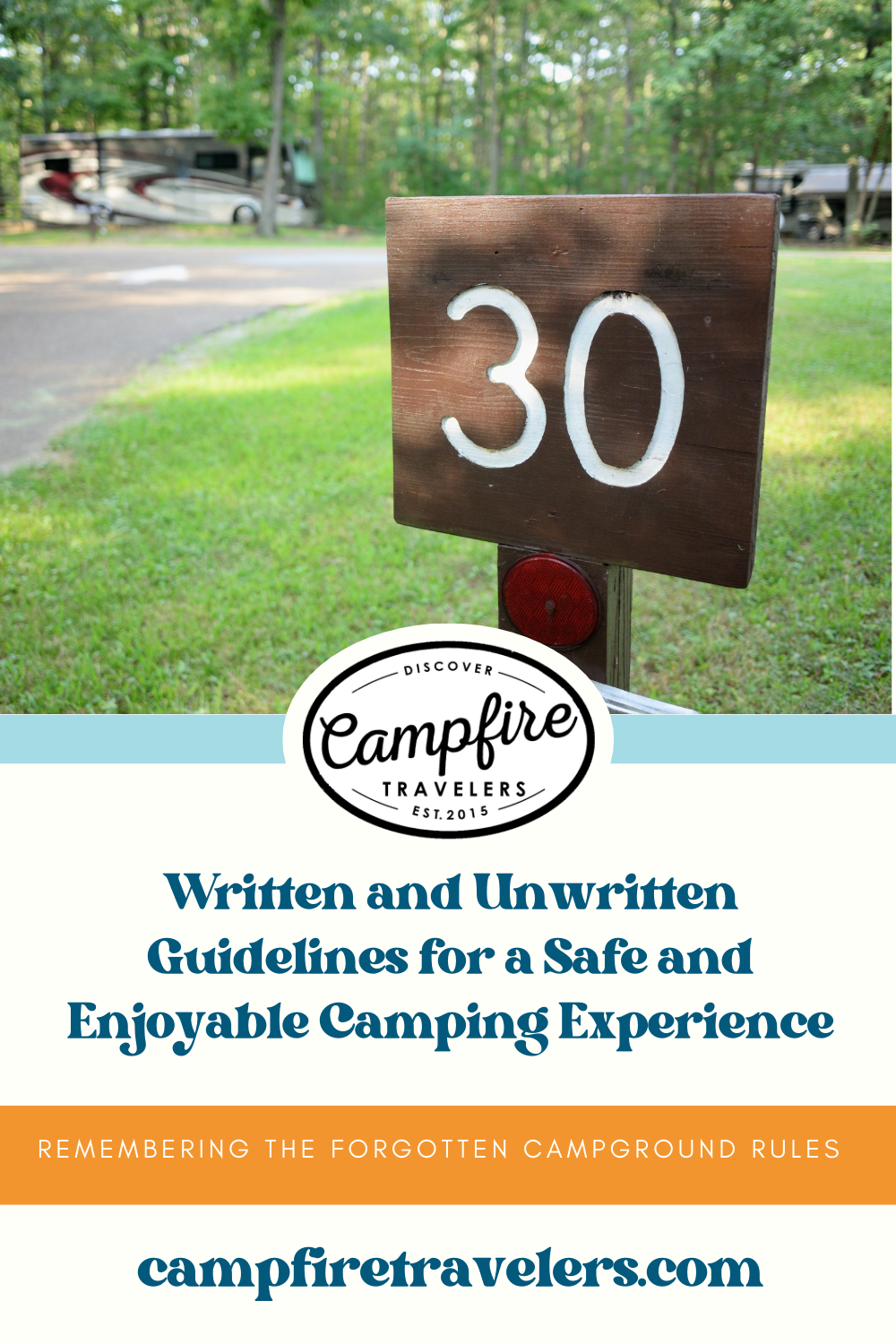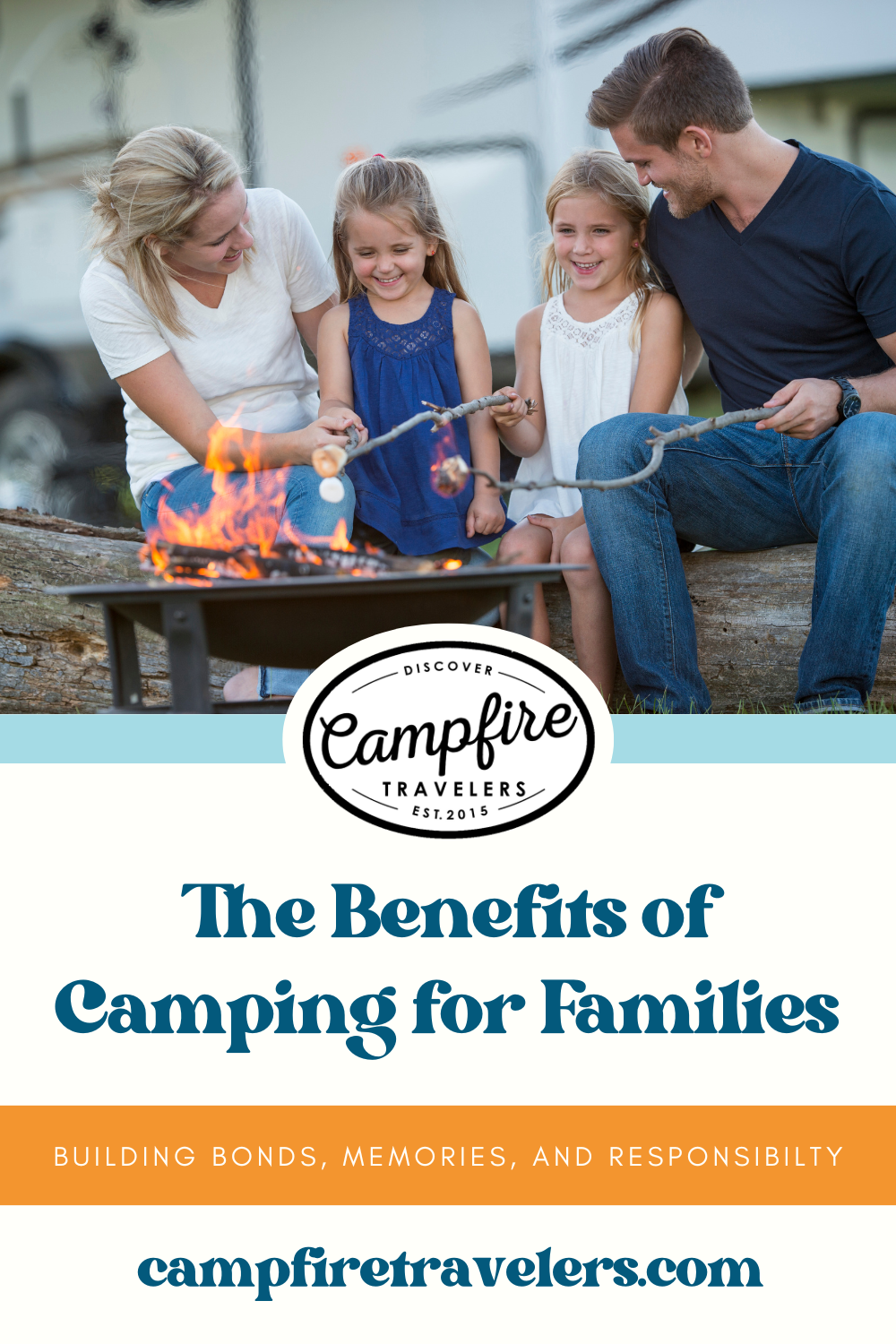Building Bonds and Memories: The Benefits of Camping for Families
Camping is a great way for families to spend quality time together and make lasting memories. There are many benefits to camping as a family, including the opportunity to bond and create shared experiences, the chance to unplug and reconnect with nature, and the ability to teach kids valuable life skills.
When camping, families can disconnect from their electronic devices and engage in activities together such as hiking, swimming, fishing, and making smores around the campfire. These activities foster conversations, teamwork, and laughter between family members, which in turn strengthens the bond between them.
Additionally, camping also teaches kids essential life skills such as problem-solving, goal-setting, decision-making, and resourcefulness. From setting up a tent to cooking meals, kids learn hands-on lessons that will be valuable to them in the future. Camping can also serve as an educational opportunity for kids to learn about nature, wildlife, and the environment.
Furthermore, camping is a budget-friendly and versatile way to spend time together, with a range of options available from rustic tent camping to RVing and glamping.
Camping is not only fun and exciting, but it also provides numerous benefits for families, from building stronger bonds to giving them a chance to learn new skills and disconnect from the daily routine. It's a great way for families to create shared memories and make lasting connections in the great outdoors.
Why is camping good for families?
We all want to spend more time together as a family, but sometimes it’s hard to find a way to get started. That’s why camping is by far our favorite way to get in quality time with our kids. There is nothing quite as sweet as spending an evening around a campfire, making s’mores, and laughing with your family. It’s the fastest and easiest way to reconnect with them on a level playing field far away from the stress, pressures, and focus of everyday life.
There are several reasons why we prefer camping and RVing over other types of family vacations:
Learning responsibilities
If you’re new to camping you’ll quickly learn that it’s not as simple and easy as swiping a key card on a hotel door. But the values and responsibility your kids can gain are by far more valuable for all of you. But if you are a seasoned camper and you are not allowing your children to participate in setup/takedown/daily life then you are doing all of you a disservice! Many hands lighten the load and it’s easy to assign age-friendly tasks for kids of all stages.
Toddlers can be in charge of setting up their own beds or putting away their clothes and toys, even if it’s messy. Our toddlers helped dry a few dishes and wiped down counters and tables. To keep them busy during setup we would often give them the campground map so they could locate the pool or playground, then once we were done they would be in charge of guiding us the right way to spend some time at one of those places. A great reward and the opportunity to learn map and directional skills.
Elementary kids are the perfect age for learning setup and takedown procedures on an RV. We have posted checklists for both times and they would learn and help with the easier things like leveling, water hookup, and putting out the slides or awning. This was also the perfect time to teach them about safety and why it even matters. Even if they aren’t actively helping it’s a good idea to allow them to watch and explain how things work - possibly the best way to engage a kid!
If you don’t have an RV or prefer to handle setup yourself, then elementary-age kids can be assigned tasks such as getting food and water for the pets, taking trash to the dumpster, sweeping out the tent or campsite, and helping with meal prep.
When you have been engaging your kids all along then your teenager will be perfectly equipped to handle anything you need an extra hand with and do it well.
If your teenager is new to camping try not to talk AT them, but show them that even though the tasks might feel monotonous they are all necessary for the trip to be successful and easier for everyone.
And if you really can’t convince that “lazy” teen to lend a hand, give them something that might be more their style - starting the campfire, figuring out where to go for dinner in your new area, or walk the campground and scope out what there is to do while you’re there (aka alone time).
Get out of cell phone range
If your kids (or spouse) are constantly on their cell phones there is no easier way to stop that habit than by booking a campground in a cell phone dead zone! My favorite campground finder, Campendium, has a handy cell phone coverage map and many contributors often write about the lack of signal bars in various areas. When they’re complaining about coverage, that’s where I start planning!
Movement!
A hike in the woods with kids may not be the easiest family activity, but it will provide many fun memories for the future. We have never regretted a hike with our kids, even if they did drive us nuts. However, if hiking is not your thing there are plenty of other options for getting your family active. And it’s no secret that 90% of us are not getting in the movement we need every day!
Biking
Scootering
Swimming
Kayaking or canoeing
Bowling
Putt-putt golf
Walking around a town and window shopping
Tennis or pickleball
Birding
Bouldering
Geocaching
Exploring a ghost town
Volleyball
or have the kids teach you their favorite playground game!
Quality time without distractions
First, these are the rules for our family, they are not right or wrong, but they work for us - we do not allow our kids to have electronics while camping.
If our drive to the campground is longer than an hour then our kids can bring their Nintendo in the car, but it gets put away once we pull into the campground. And movies/TV inside the RV is only for rainy days/nights. Our kids (12, 12, and 14) do not have cell phones, so we don’t have to worry about rules for those.
A note: though it is rare for our kids to ask to break these rules (because we stand firm on them) it typically comes down to them asking to watch a movie if they’re just bored. If the situation allows and we do say yes to a movie, we also see it as a great time for us parents to reconnect and spend some alone time together outside of the RV and away from the movie. We will talk or go for a walk or take a bike ride, and we often appreciate the time to focus on each other.
If your family is often distracted by various electronics you may suggest having electronic free meal times or leaving devices behind during certain activities like a nightly campfire or scenic drive. If it goes well, then you may try for one electronic free day, next time.
Getting your family away from the “noise” is exponentially beneficial for everyone. I personally recommend the Netflix movie The Social Dilemma if you’d like to educate yourself more on this topic. Watch it at home, before camping, of course!
Giving kids a voice and a choice
You have already made all the big decisions for your family - you bought the camping equipment, picked the destination, and even planned the itinerary. What have you given your kids a say on? Kids and especially teenagers desire to have a voice in the family as well. Allowing them to have some say in family and vacation plans is my favorite way to give them a voice.
Should we go for a hike? Or hang out at the lake? (This works great with the kid who complains about family activities.)
Today was a great day! Should we go get ice cream? Or make s’mores around the campfire?
Would you like to learn how to start a campfire?
Do you want to go sightseeing with us this morning? Or should we pick you up around lunchtime so you can go with us to see that waterfall you found in the travel guide? (For the teenager who likes to sleep in.)
During our scenic drive today I would really like to listen to the tour guide app, I know it’s not your favorite thing, so we can listen to your music on our way back to camp. Are you good with that? (Side note: I am OBSESSED with tour guide apps, here are a few of my favorites.)
If your kid is having a rough day - just add water! Suggest an hour at the pool, a yummy snack, and after that try to re-engage them in a family activity everyone else was looking forward to.
If you have multiple kids with multiple opinions, allow each of them to plan a Kid Day where they each get to pick an activity or meal.
Giving kids options is one of the easiest ways I have found to keep everyone happy and going with the flow. Any and all of this can be easily adapted to meet your own family dynamics. I also find it better to review tomorrow’s plans at dinner the night before so you can foresee any roadblocks or misunderstandings ahead of time and possibly rearrange a few things.
A needed reset
We always notice after a few quality days camping that our family is a little closer, a little more forgiving, and a little happier when we return home. The kids play outside a little longer and they don’t argue as often. As parents, we are a little more relaxed and centered. And we are all happy to be back to our normal sleeping arrangements!
Read more of our recent posts about camping with kids -
SHARE this with a friend!
PIN this for later!

